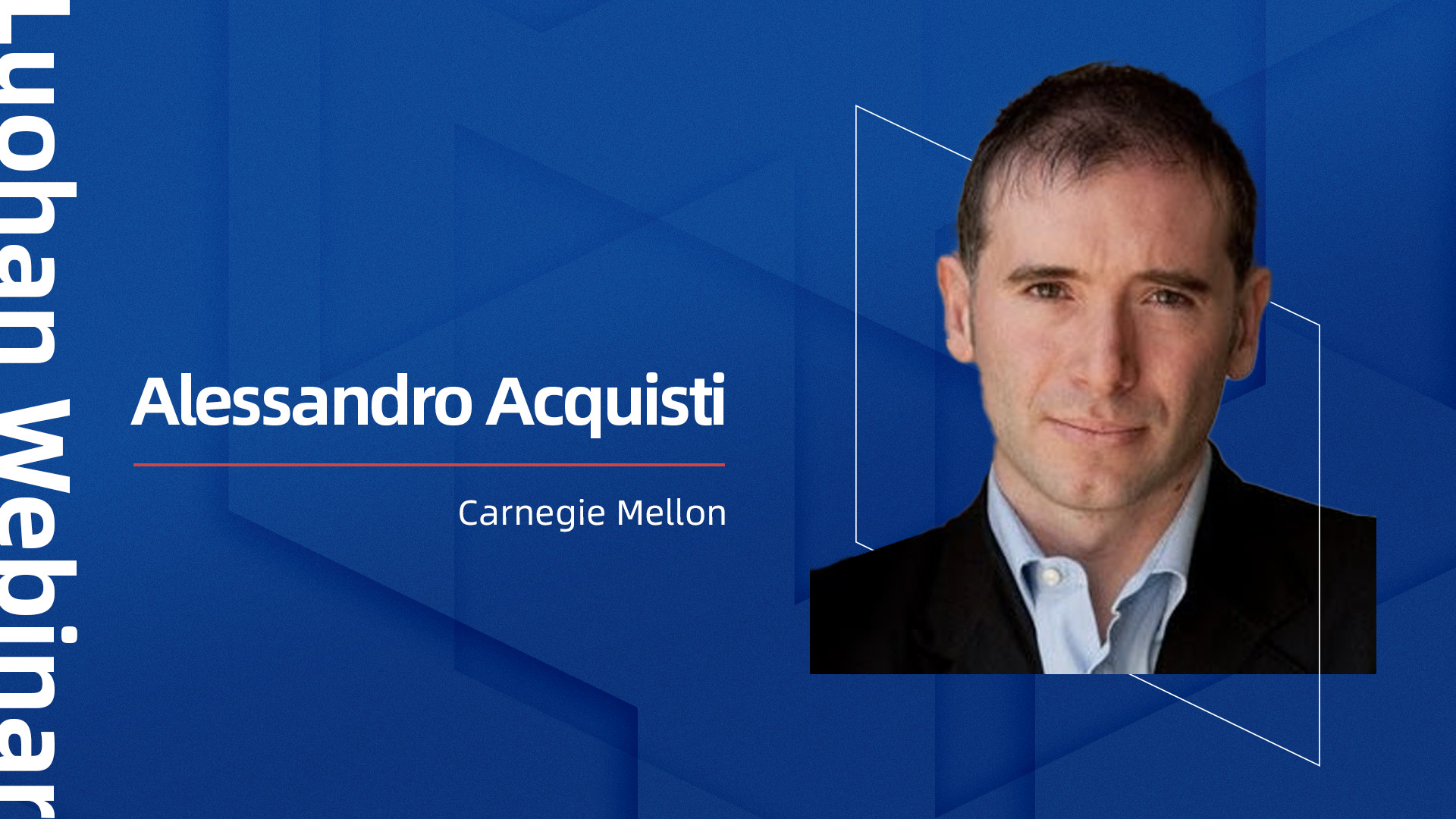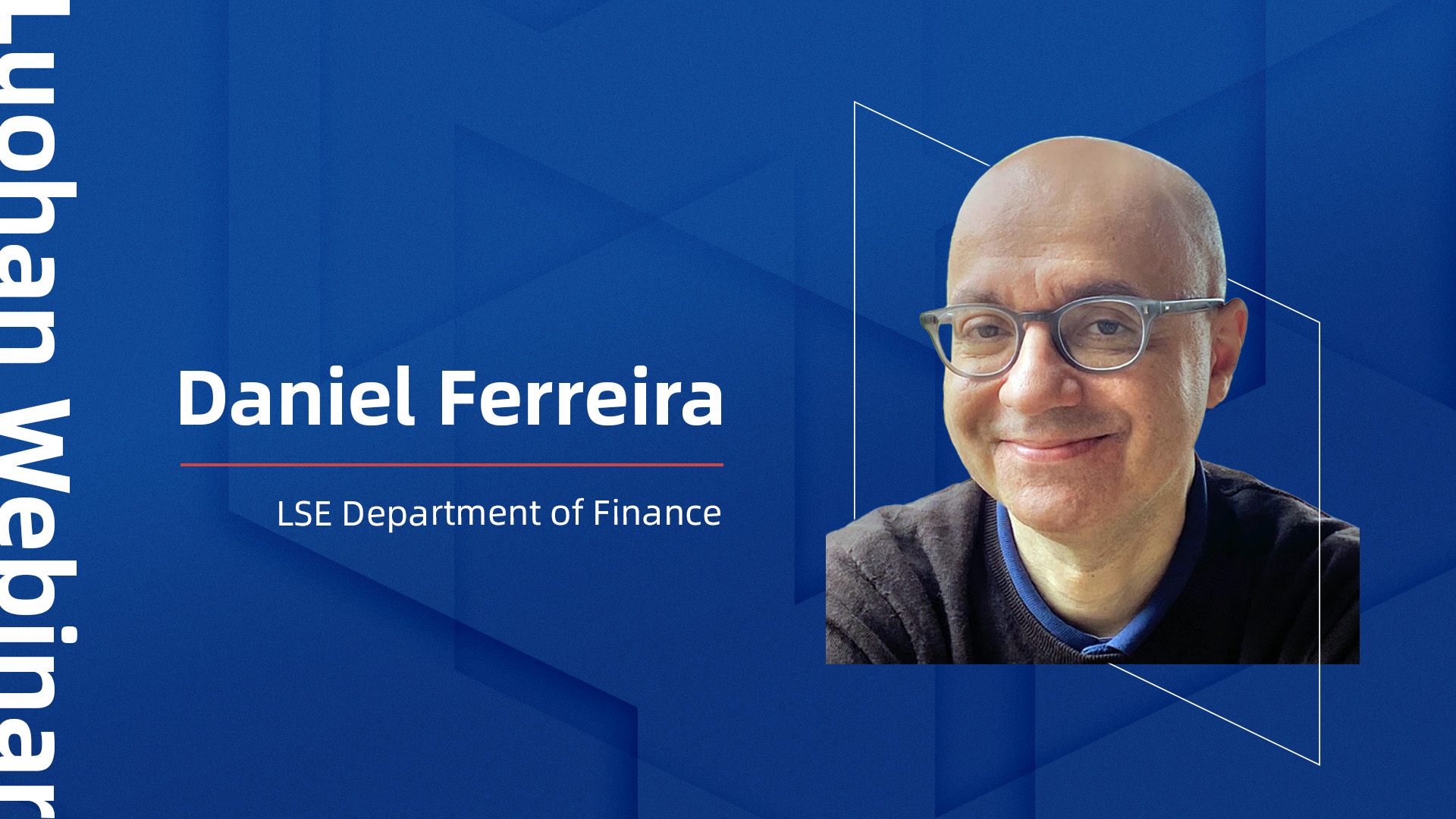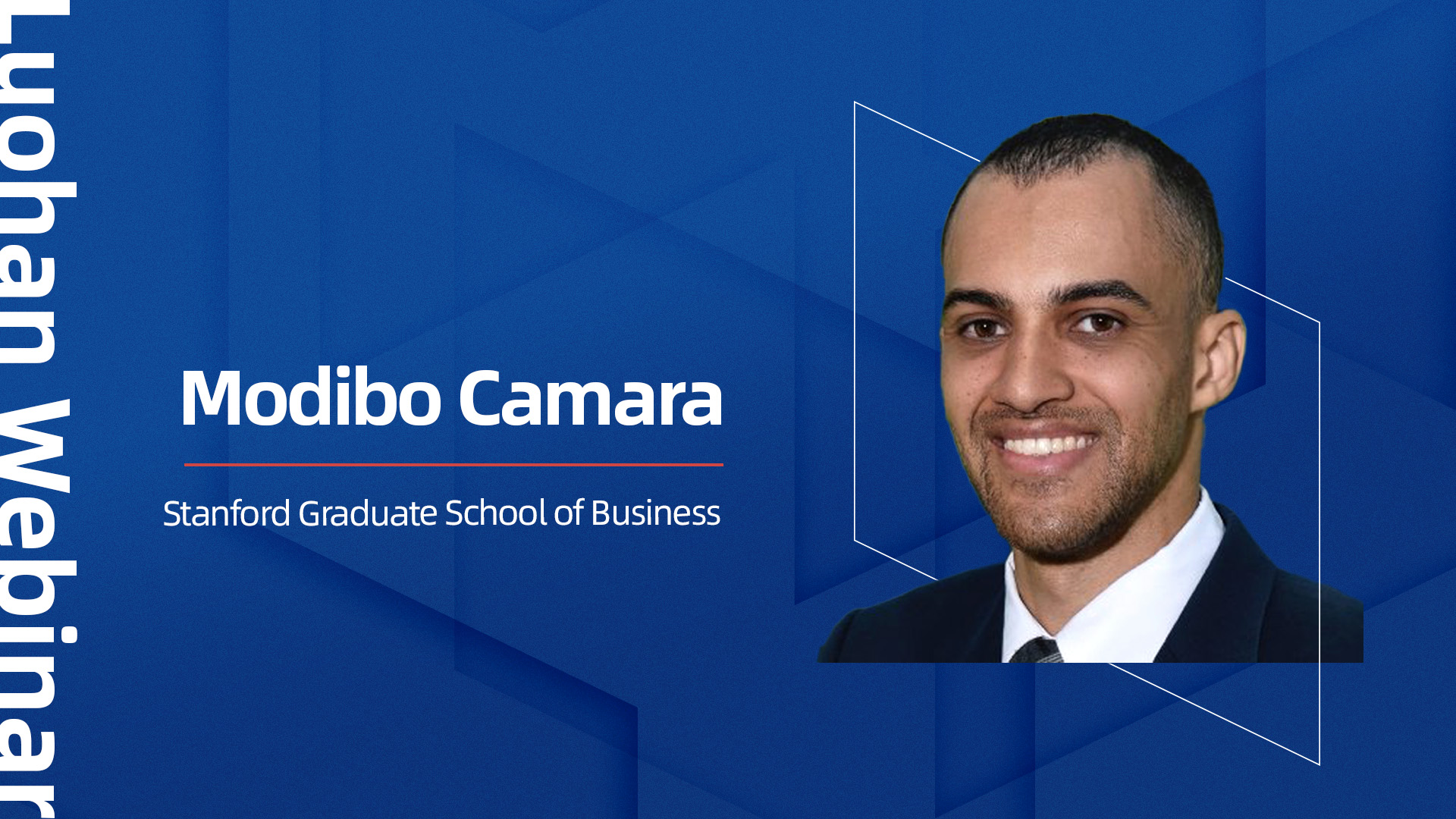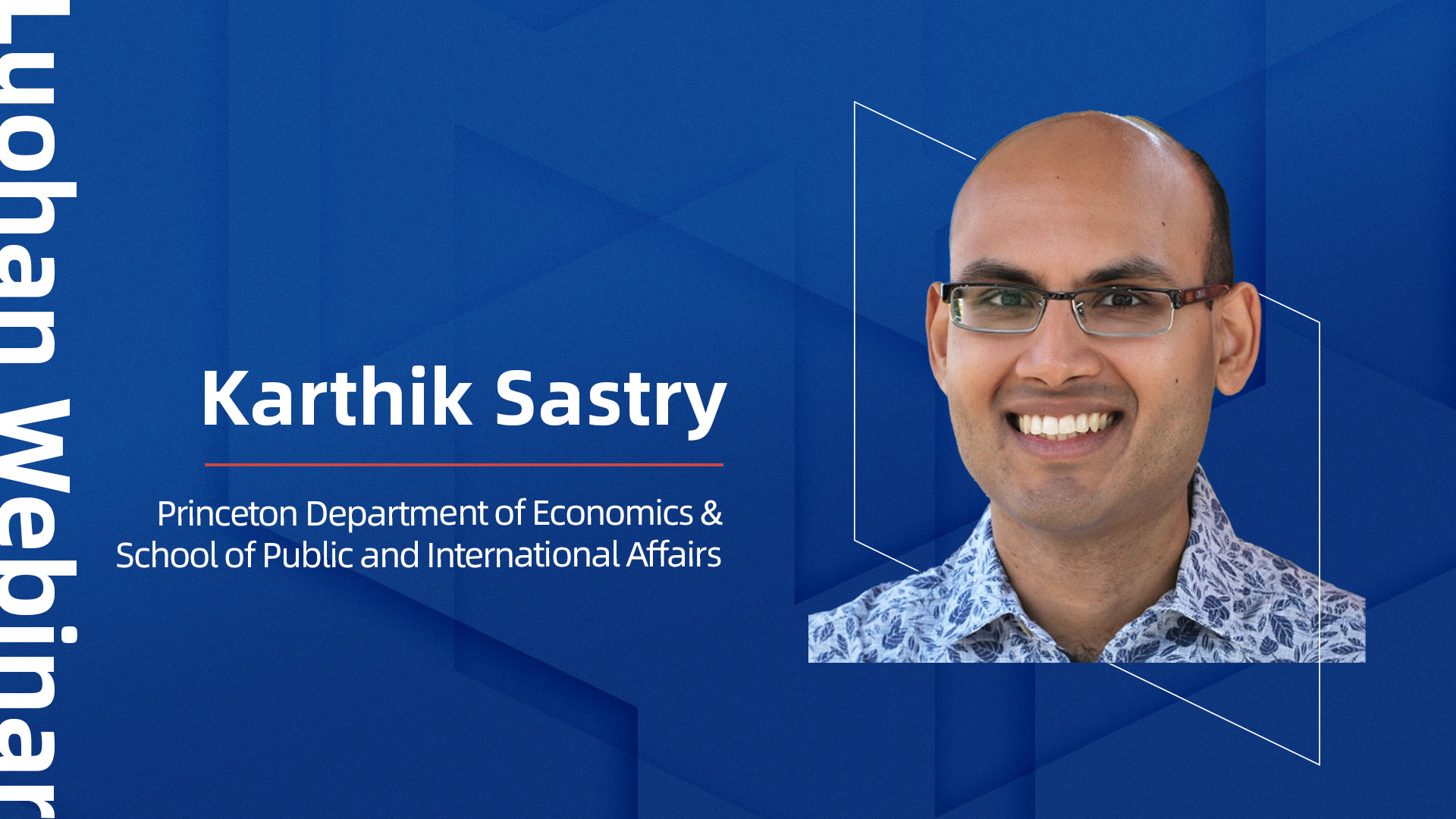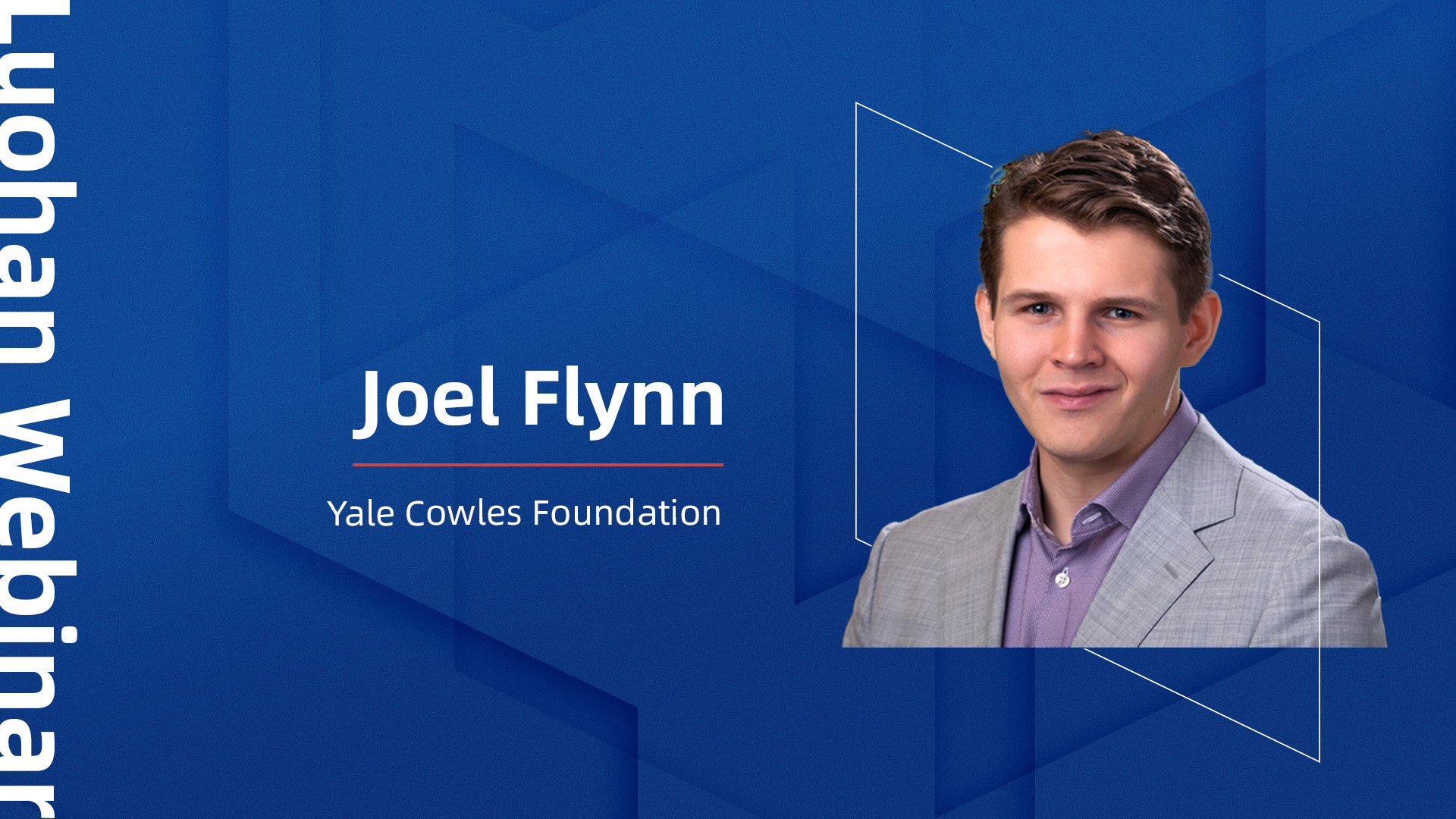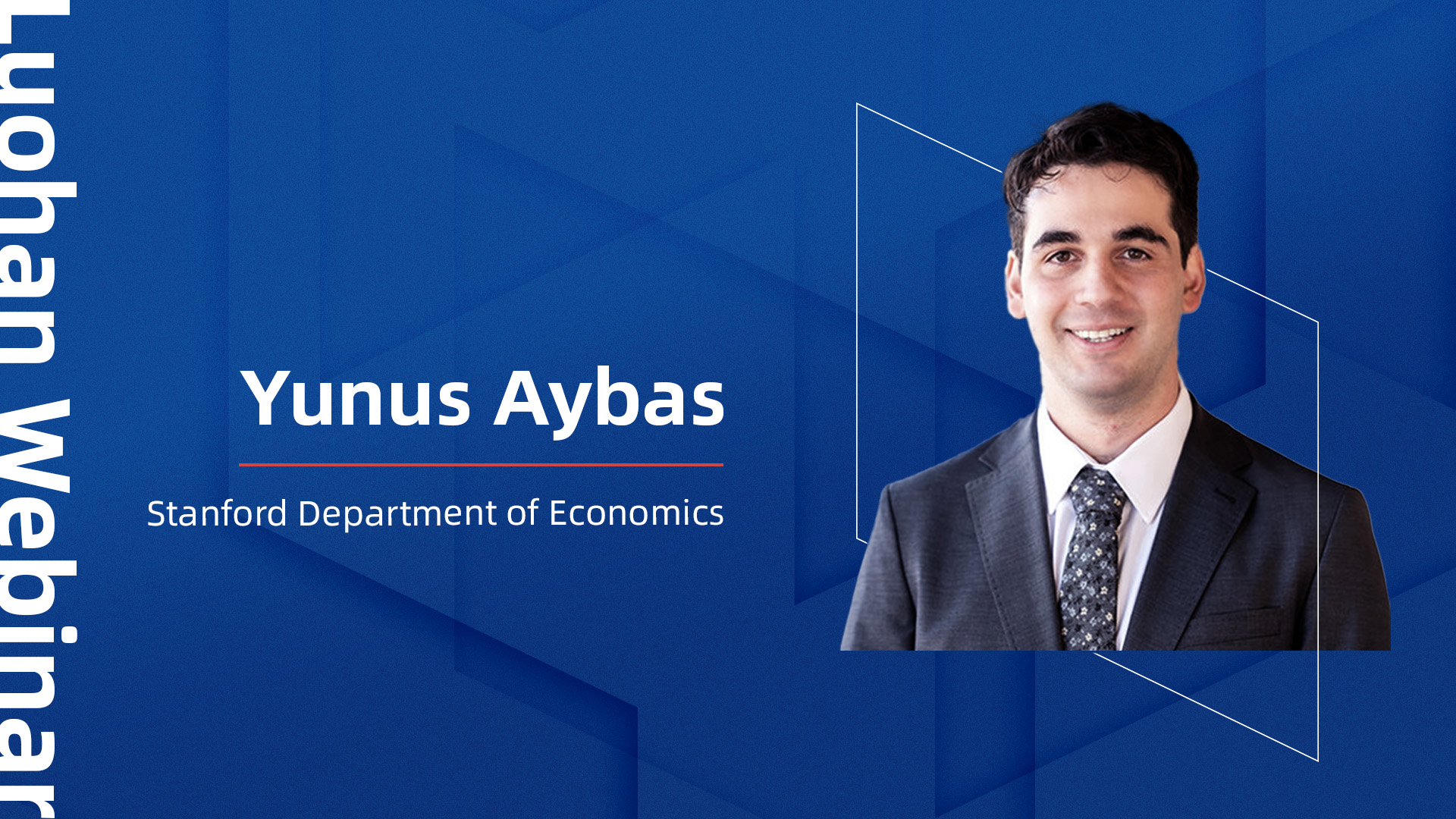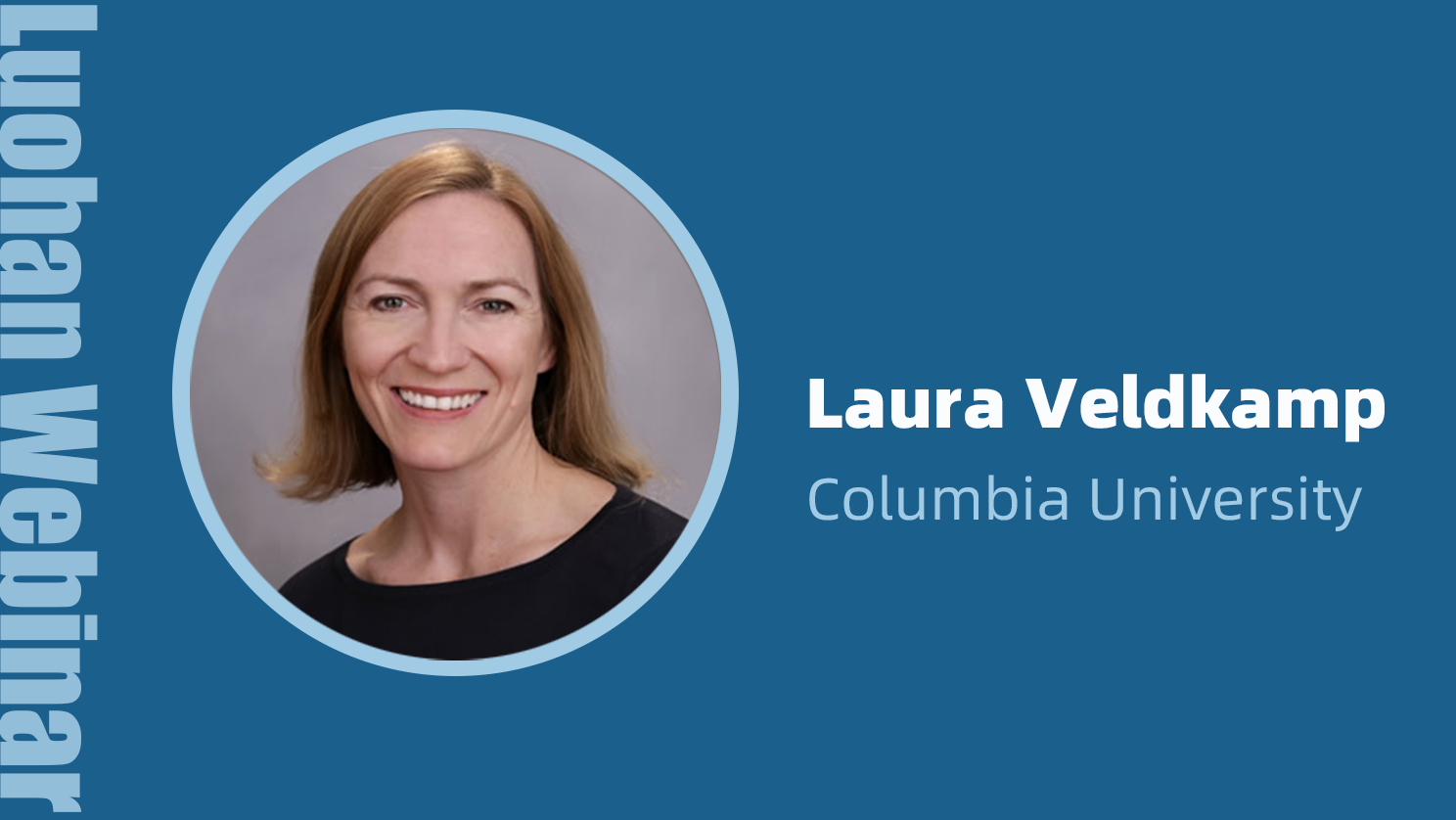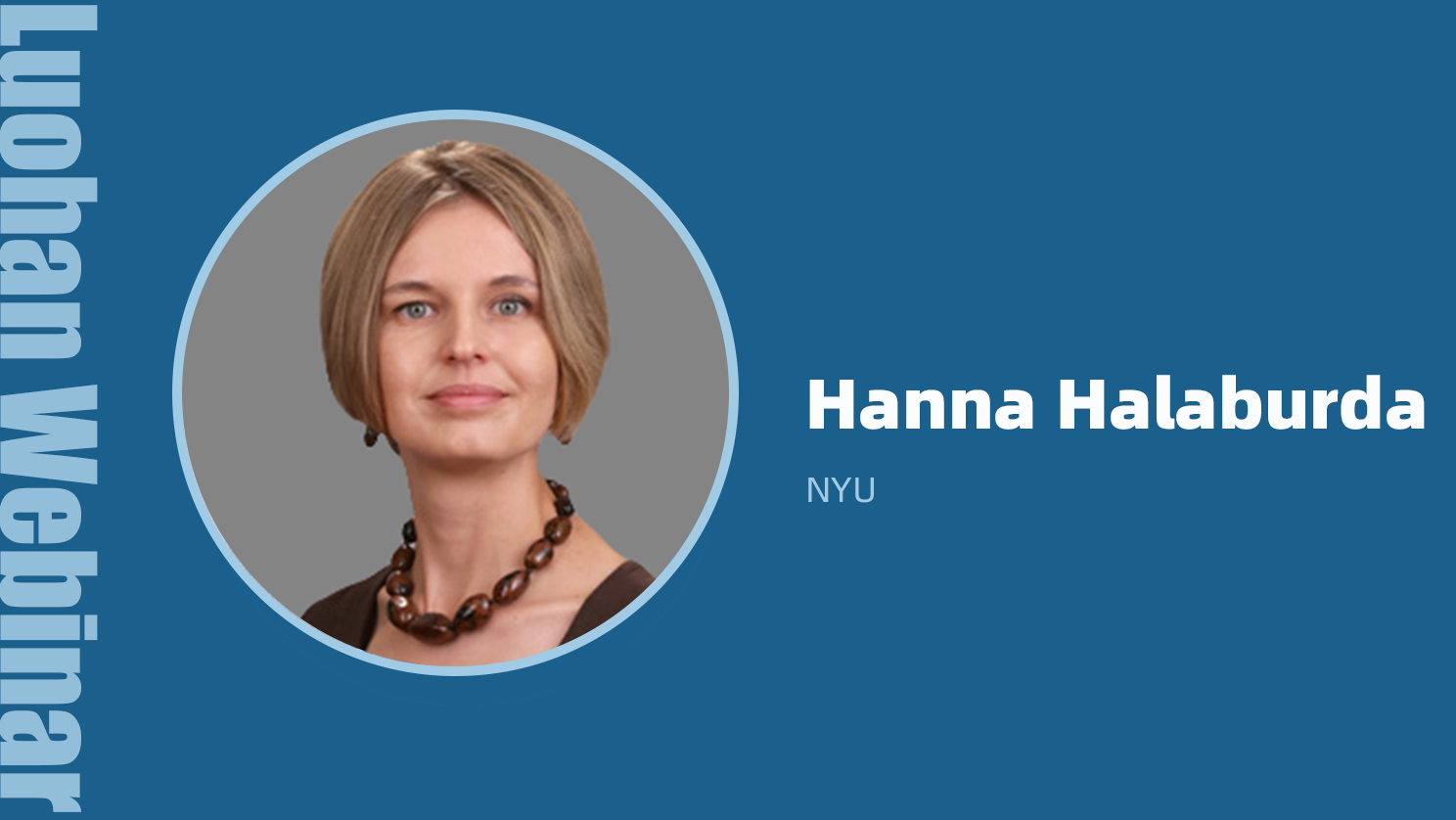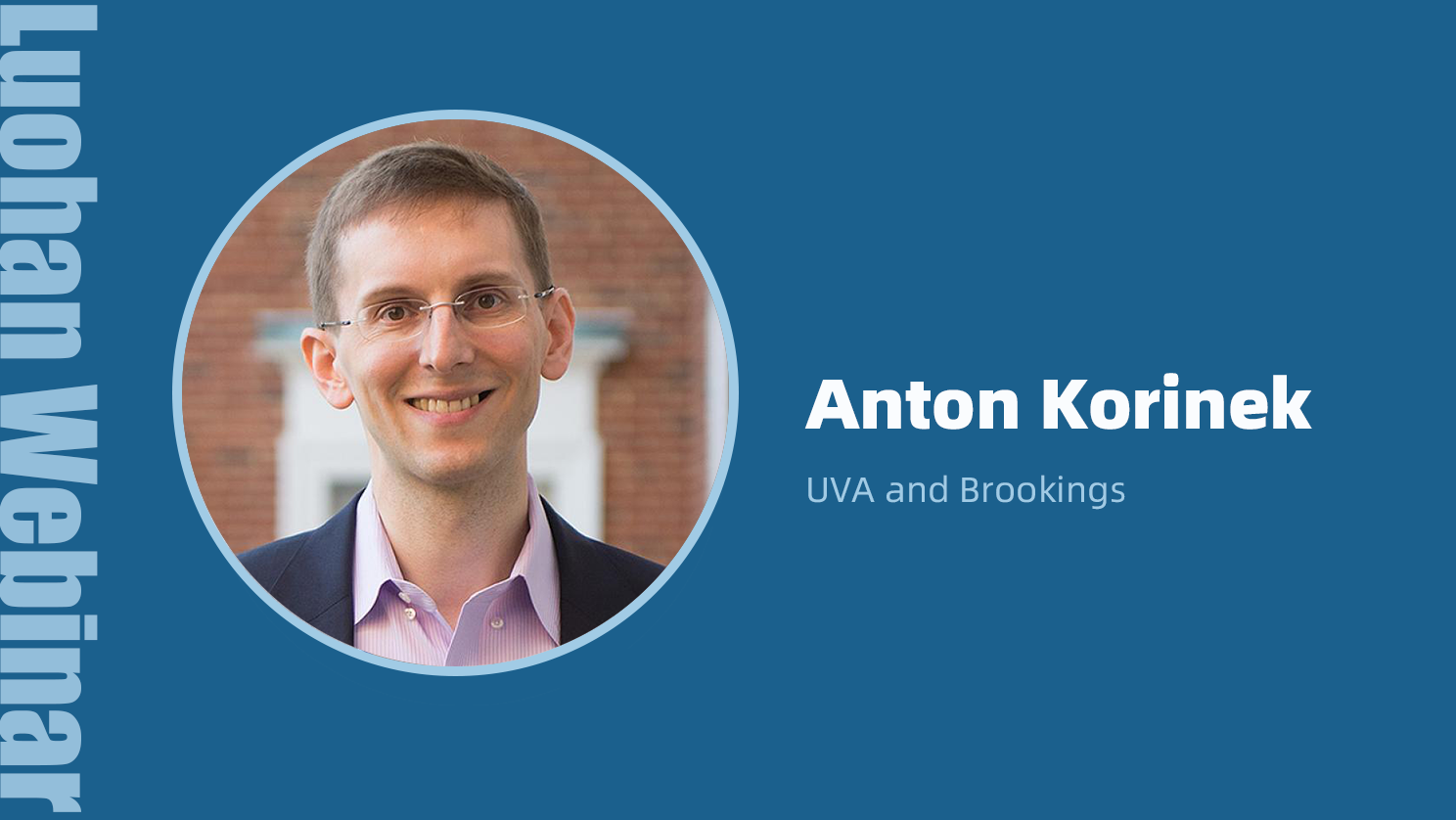Data from Paycheck Protection Program suggests automated processes reduce racial bias in lending
In a study of the distribution of US Covid-era Paycheck Protection Program (PPP) loans, a team of researchers found evidence that black-owned firms disproportionately received loans from fintech lenders. The difference is only partially explained by firm characteristics such as loan size, postal code, and industry. Their study suggests that automation can help address racial bias through several mechanisms: efficiency at processing smaller loans, automated systems that remove human biases, and accessible nature not bound by constraints such as geography.
This adds to a body of literature that shows digital technology can potentially boost inclusion in access to finance. This finding were made by NYU Stern Professor of Finance Johannes Stroebel and co-authors in a paper “Automation in Small Business Lending Can Reduce Racial Disparities: Evidence from the Paycheck Protection Program”1. Stroebel presented the paper’s findings in the Luohan Academy Webinar series.
During the pandemic in the US, various reports highlighted the disproportionate impact on minority owned businesses. A New York Fed report from August 2020 compiled data that showed the number of operating black owned businesses falling the most of any racial group, down 41% from February to April 2020, compared to an average of 22%. Despite this heavier burden, geographic analysis done by the New York Fed and the University of Chicago showed black owned businesses were receiving markedly lower rates of PPP loans2. This makes it of vital interest to understand why some distribution channels were more inclusive than others.
For the academics, PPP loans presented the unique feature of being administered by private lenders but fully guaranteed by the government. The program offered loans to nearly all existent businesses, with loan value calculated solely on 2.5 months of payroll. Notably, PPP loans had an explicit government guarantee, was a 0% risk weighted asset, and earned banks a defined “origination” fee. Stroebel in his talk, stressed that with no credit risk and an indemnity for fraud, the program could focus more on the effects of process automation.
The study used 5.7 million PPP loans over approximately a year of the program. Lenders were divided into 8 categories: top-4 banks, large banks, medium banks, small banks, credit unions, community development financial institutions (CDFI), minority depository institutions (MDI), and fintech lenders. They then set about gauging the race of the businesses owners, using well founded machine learning techniques on officer and business name, location, and industry.


Chart (Bottom): Black owned businesses accounted for over 25% of Fintech lender loans, despite being under 10% of all businesses.
The top-level data showed that black owned firms have a +26% higher likelihood of getting the loan from fintech firms, compared to the baseline average of 17.4% for all racial groups. Because of many historical correlates of race, such as concentration in underbanked geographies and smaller business sizes, the team expended effort to control for several key firm characteristics: loan size, location (zipcode), industry, incorporation type, and employer status. While these explained 2/3 of the disparity, there was still a +12% higher likelihood that black-owned businesses got their PPP loan through fintech lenders. To Stroebel, this shows that some of the explanation is direct bias in human processes, but even factors not considered direct discrimination are an argument for automation and fintech, since geographic and bandwidth barriers are a facet of historical discrimination.
In the process of the study, some interesting findings were made:
- Biases show in loans routed by lending marketplace: A lending marketplace (Lendio) offered data for 280,000 loans which were automatically routed to different conventional and fintech lenders. The results show that black-owned firms have no disparity in approval of loans from fintech lenders, but a -5.8 percentage point decrease in not getting a loan from conventional lenders.
- Automation alone seems to raise black loan ratio: 75,000 loans from 20 small and medium sized banks that implemented an automation system by Biz2Credit specifically to help with the influx of PPP application, showed that black loans increased from 4.4% to 12% after automation of systems.
- Regions with racial animus see even more fintech: Using measures of geographies with racial animus as a proxy for racism shows that a one standard deviation increase in a region’s racial animus measures correspond with a 2.3 – 17% increase in probability of a black firm receiving loan from fintech lenders. This result shows that some type of direct discrimination seems to be happening at some phase of the lending decision.
- Smaller banks show more disparity: Small banks have more negative racial discrepancy in their lending than large and top-4 banks. The authors suspect this has to do with less automation and non-standardized underwriting standards, thus more open to personal bias.
- Traditional lenders show more bias with new customers: Most racial disparity comes from the 2/3 of PPP loans from lenders without existing banking relationships with the borrower. Having existing banking relationships (accounts) with a top-4 bank results in neglible racial disparity for black businesses. But even black businesses with an existing banking relationship with a small lender will be less likely to get a loan from them.
During the talk, the Luohan community maintained an active discussion. Professor Shang-jin Wei of Columbia asked about explanatory variables such as the preference for existing clients, especially incentives to provide liquidity to existing clients with outstanding loans during a crisis. Indeed, Strobel and co-authors found that existing relationships were indeed preferenced, with much less racial disparity. Most racial disparity occurred in the 65% of loans not in that category. Professor Hongjun Yan of DePaul University asked if more data could be available, on the race of the lending officer which has been shown in other studies to have impact, as well as reasons for rejection which may have an impact.
All the findings combined suggest to Strobel that automated processes are indeed less biased, acting through various channels that reduce direct and indirect discrimination. The discussion of how much direct discrimination compared to more innocuous causes. Although the PPP was a unique program, Strobel believes strongly that we can conclude that technology can be a key avenue for reducing barriers. This type of research is extremely valuable to that end, and more work is needed to figure out what type of automated processes can not only weed out historical biases and help to improve on inclusive outcomes.
- Sabrina T. Howell, Theresa Kuchler, David Snitkof, Johannes Stroebel & Jun Wong, Automation and Racial Disparities in Small Business Lending: Evidence from the Paycheck Protection Program, (Nat’l Bureau of Econ. Rsrch., Working Paper No. 29364, 2021), https://www.nber.org/papers/w29364
- Kramer Mills, Claire & Battisto, Jessica (August 2020). “Double Jeopardy: COVID-19’s Concentrated Health and Wealth Effects in Black Communities.” Federal Reserve Bank of New York. Retrieved from: https://www.newyorkfed.org/medialibrary/media/smallbusiness/DoubleJeopardy_COVID19andBlackOwnedBusinesses
About the Speaker:
Johannes Stroebel is the David S. Loeb Professor of Finance at the New York University Stern School of Business and a Fellow of Luohan Academy. Professor Stroebel conducts research in climate finance, household finance, social network analysis, macroeconomics, and real estate economics. He has won numerous awards, including the AQR Asset Management Institute Young Researcher Prize and the Brattle Award for the best paper published in the Journal of Finance. He has also won an Andrew Carnegie fellowship and an Alfred P. Sloan Research Fellowship in Economics. Professor Stroebel is an Associate Editor at the Journal of Political Economy, the Review of Economic Studies, Econometrica, and the Journal of Finance.
If you would like to give a presentation in a future webinar, contact our Senior Economist Dr. Wen Chen (wen.chen@luohanacademy.com). For other inquiries, please contact: events@luohanacademy.com.









